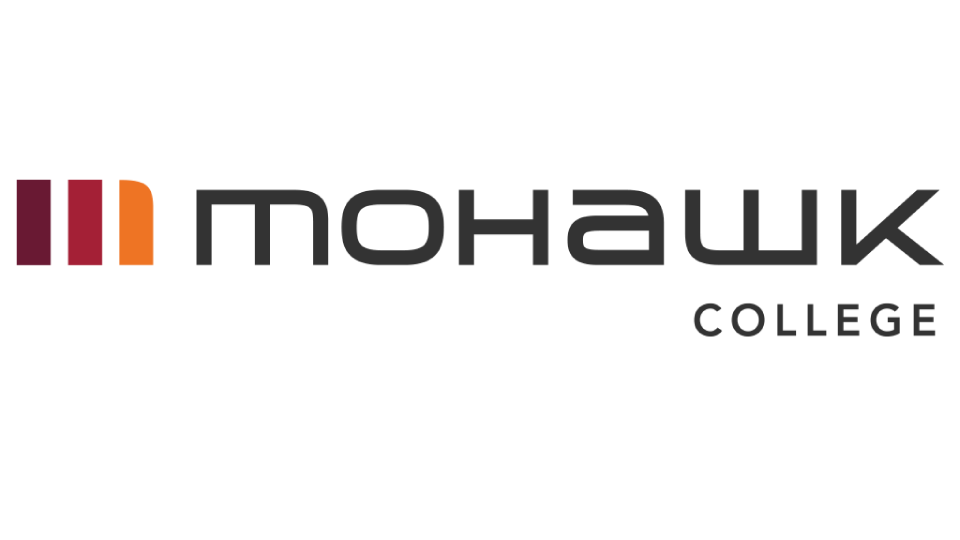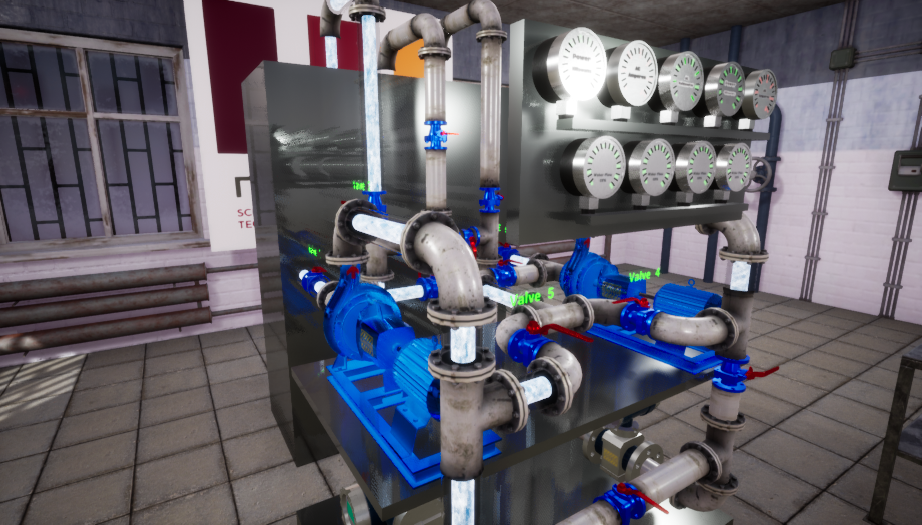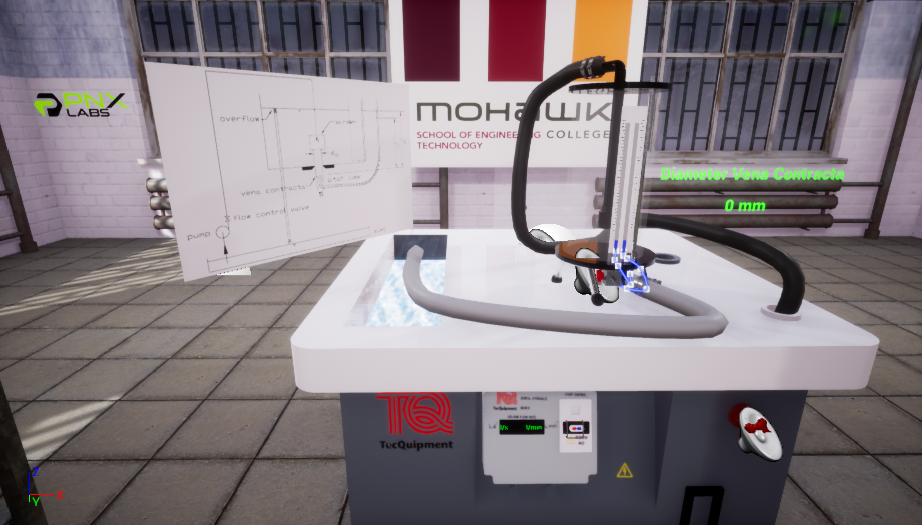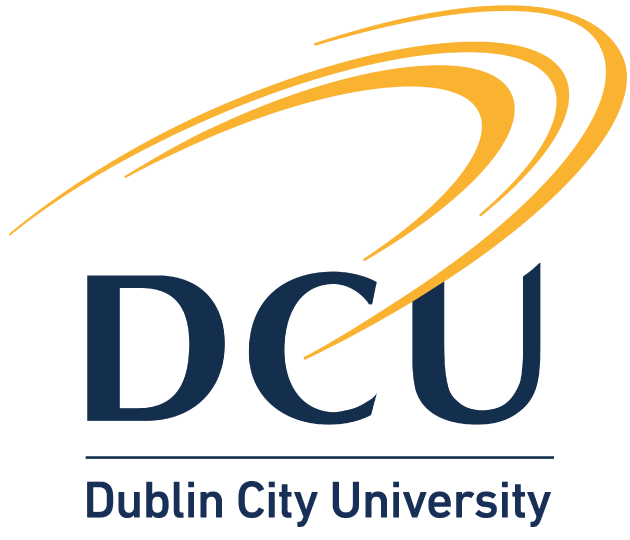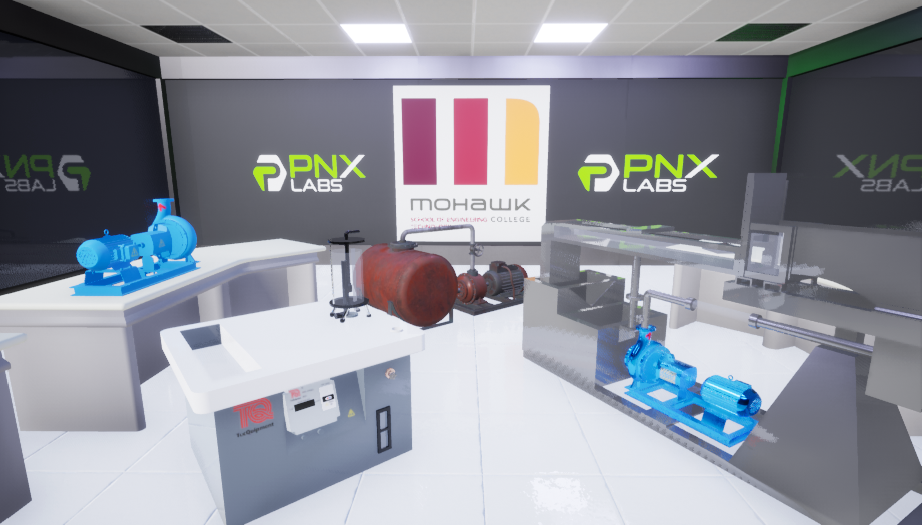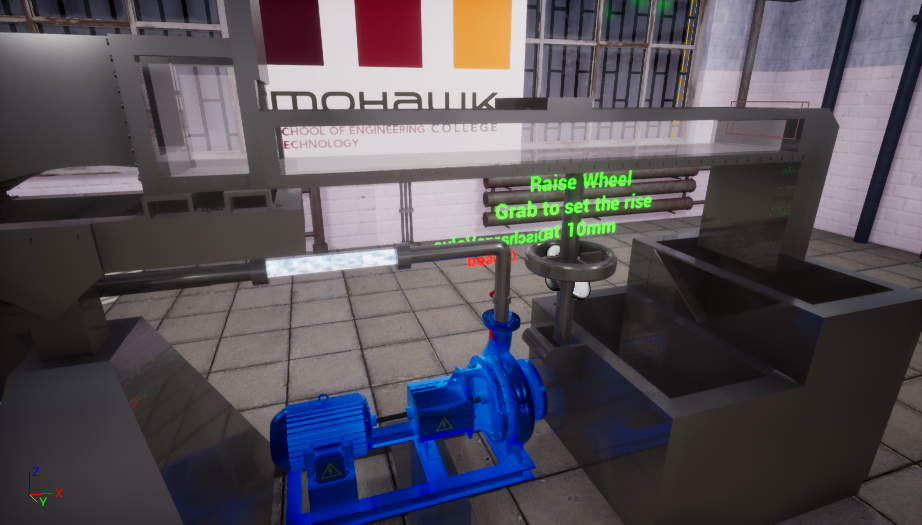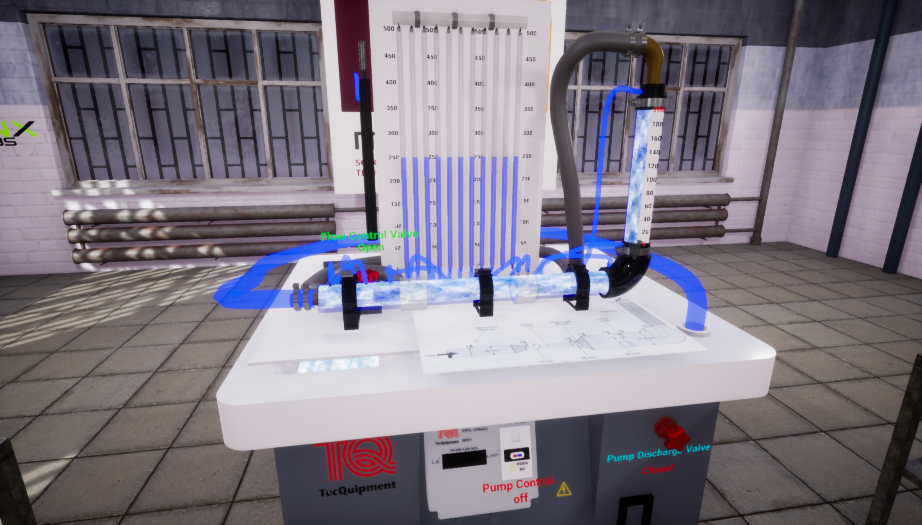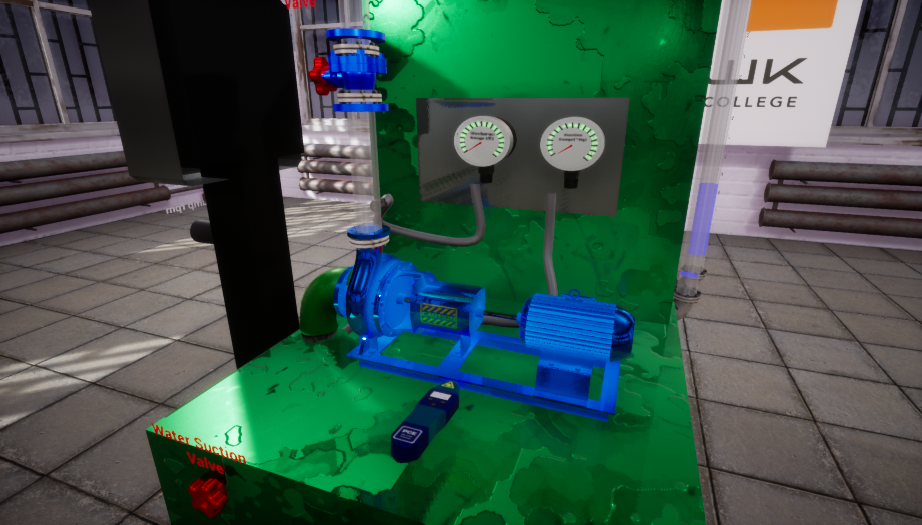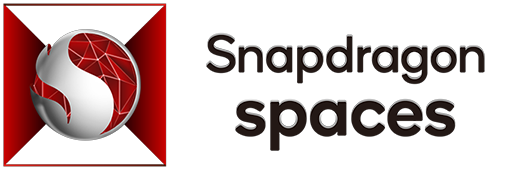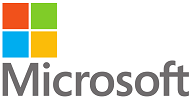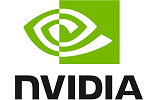Fluid Mechanics Virtual Labs for Mohawk College, Canada
Virtual Labs: A Safe and Accessible Solution for STEM Education, Bernoulli’s Equation, Flow Measurement, Open Channel Flow and more.
The COVID-19 pandemic has caused unprecedented disruptions in the field of education, forcing educators and administrators to rethink the ways in which they deliver instruction to students. With in-person classes and laboratory experiences being limited, educators have had to find innovative solutions to ensure that their students receive the high-quality education that they need to succeed in their chosen fields. One of the most promising solutions to emerge from this crisis is the use of virtual labs, which provide students with the opportunity to conduct experiments and learn about STEM subjects in a safe, accessible, and engaging manner.
Mohawk College is one such institution that has recognized the value of virtual labs in delivering STEM education to its students. In January 2022, the school of engineering will implement a series of Virtual Labs to teach fluid mechanics, a subject that is difficult to teach without a proper laboratory. These labs will allow students to better comprehend the math and science behind the interaction of fluids, providing them with a hazard-free environment in which to complete experiments.
Traditionally, fluid mechanics labs require expensive equipment and instructors to be present to avoid injuries and equipment damage. However, with virtual labs, students can repeat the same experiments as many times as they need to, and those with their own VR headsets can request a license for their own use. Additionally, students can generate data from the experiments in Excel format for further analysis and extract it from the VR device. Some of the virtual experiences students will be able to use include investigating the characteristics of open channel flow, designing a stormwater pond, and establishing the relationship between head, discharge, power, and efficiency for various types of centrifugal pumps.
The full set of Virtual Labs will be available by the end of 2021, enabling students to learn from real experimentation from the comfort of their own homes. This represents a significant shift in the way that STEM education is delivered, as virtual labs not only allow students to learn in a more flexible and cost-effective manner, but they also open doors for future online learning platforms. In fact, virtual labs have become increasingly important for educating students in STEM programs where laboratory experiences are crucial, especially in the current climate of the COVID-19 pandemic and economic crisis.
PNX Labs is a technology company that is committed to delivering the best-customized virtual labs in the market, using their proprietary platform to develop over 1000 virtual experiments since April 2020 to help universities continue with their education agenda. At PNX Labs, they understand the value of virtual labs in providing accessible and immersive learning experiences for students, and they are proud to partner with institutions like Mohawk College to help shape the future of education.


